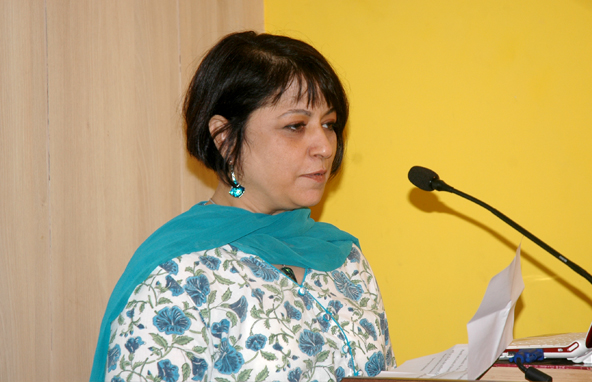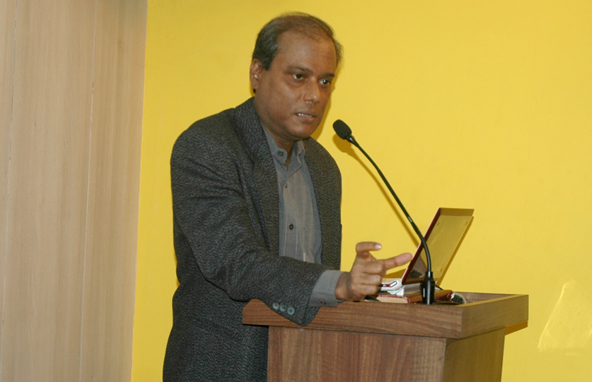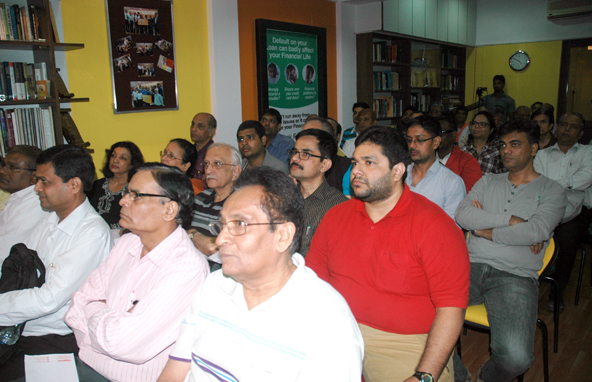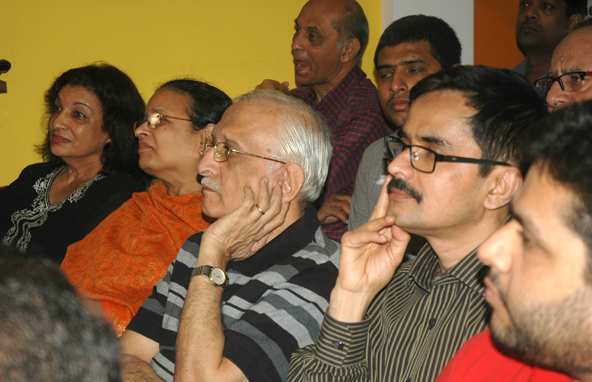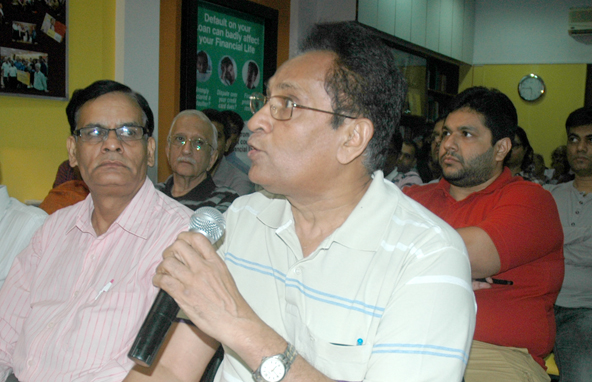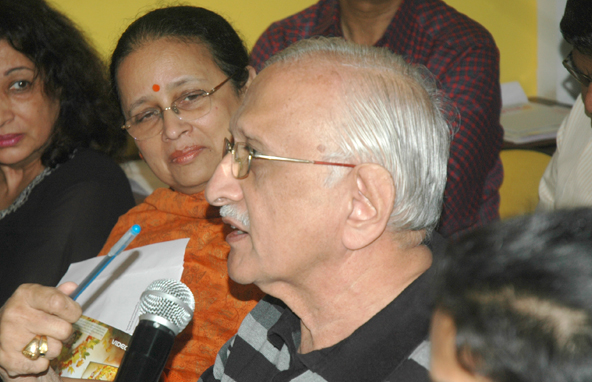
In the first part of the Moneylife Foundation event titled, “Back to Basics: Investing and Insurance”, Gaurang Damani tackled the latest developments and changes in the health insurance regulations. Mr Damani has worked for long to help customers get a more customer friendly insurance environment. Numerous PILs filed by him have helped in getting pro-consumer clauses into the regulations.
He began by discussing how the process of getting a health insurance policy can itself cause considerable stress. The various tests, clauses and compliances. All this is of course after the stage of having to go through the innumerable products on offer.
He said that in the new Health Insurance Regulations (Regulations of 2013), there are some salient features related to Premiums, Senior Citizens, Policy issuance guidelines, claims and TPAs, among other things.
He pointed out that under the new regulations, the premium cannot be increased arbitrarily after a claim is made and especially in multi-year policies. He said that the “loadings of premium on renewal shall have to apply across the policy portfolio and cannot depend upon an individual’s policy experience.” For multi-year policies on the other hand, the premium would be fixed for at least a block of 3 years.
For senior citizens, who have often been soft targets for the sales force of insurers, the new regulations specify an entry date of 65 and clarify that there cannot be any exit date. “The regulations also say that the insurers and the TPAs both will have to set up separate grievance cells for senior citizens.”
“As for portability of policy, it can be done upto 45 days before the maturity of the policy and even the cumulative bonus would be portable. On the other hand, the free-look period has been set at 15 days from the policy date and the free-look period only applies to policies with a term longer than a year,” Damani said, speaking about the policy issuance guidelines in the new Regulations.
Some other important points that Damani made, were that no policy can be withdrawn without IRDA approval and that without the consent of the policy-holder, the insurer or its intermediaries could not force the person to shift his or her policy.
“One of the most important parts of the new regulations is that the TPA’s powers have been greatly clarified. The TPA will have no power in rejecting claims and the TPAs function in forwarding claim papers has also been made stricter.” He added that, “As per the instructions of the Insurer, the claim is being settled/ denied …..” is the text the letter regarding the claim should have, laying the responsibility of the claim with the insurer and not the TPA.
Mr Damani also covered other issues and advice related to health insurance. He explained that it was important for the insured to keep an eye on his bed-charges as allowed under the policy and keep within the limits prescribed. He said that Co-pay was an important concept and it implied a specific amount that has to be borne by the policyholder.
Finally, on the issue of dispute resolution he said, “grievances must be acknowledged by the Insurer in 3 working days and resolved in 15 working days. For claims-related complaints, consumers can write to the Grievance cell of the Insurer and if there is no response, then write to [email protected] or call toll-free at 155255 or on www.igms.irda.gov.in or mail. For claims disputes of less than Rs20 lakh or any disputes regarding premiums; non-issue of insurance documents, the complaint can be made in writing by the customer himself (no lawyer is required), within 1 year of dispute, to the Office of the Ombudsman.”



